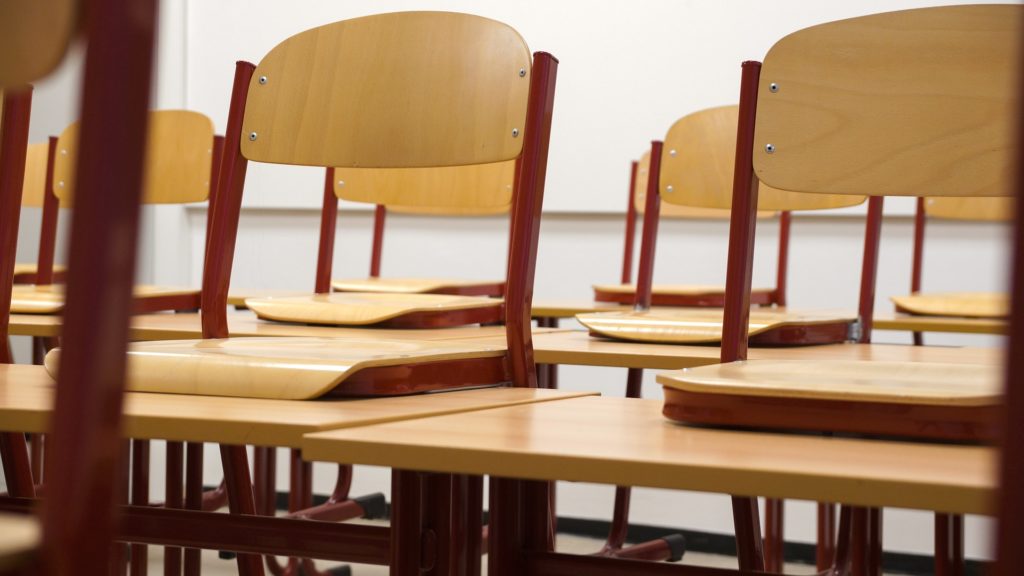There has been much controversy and conflicting opinions over whether or not children should return to school amid the coronavirus pandemic.
The South African Paediatric Association (SAPA), a professional society representing paediatricians in the public and private sector in South Africa, believes that children should return. In a statement, SAPA announced their support of the government’s position that children should return to school on June 1, 2020.
“There is uncertainty about the future trajectory of COVID-19 in South Africa, with more infections and a long duration being predicted,” said SAPA. “Children biologically contain SARS-CoV2 better than adults, are less likely to get sick if infected, have milder disease, are unlikely to die from COVID-19, and are probably less infectious than adults. Although children are at higher risk of being infected once at school, this additional risk to themselves and others is outweighed by the benefits of them returning to school.”
Reasons children should return to school:
SAPA cites a number of reasons to support the need for learners to return to school. They refer to the available research that suggests that children are less likely to contract the disease. According to SAPA, 1-3% of children account for the reported cases across the world. They also have lower susceptibility to SARS-CoV-2, with 56% lower odds of being an infected contact.
SAPA also argues that teachers are not at high risk of being infected by children.
“Teachers are at a higher risk of contracting the virus from other adults (e.g. colleagues), at home or in the community (outside school). Teachers with comorbidities are at increased risk for severe COVID-19,” they write.
There is no current data on the relative contribution of school closures to transmission control. SAPA cites modelling studies, which predict that “school closures alone would prevent only 2-4% of deaths, much less than other social distancing interventions.”
Beyond the need for education to continue, SAPA believes that the reopening of schools will benefit poorer learners.
“The benefits of returning to school, particularly for poorer children, include the positive impact on their learning, access to the School Nutrition Programme (one meal per day), and mental health and well-being gains. Only about 20% of school children are currently benefiting from online schooling according to the DBE. School reopening will increase parents’ and caregivers’ ability to return to work.”
How to go forward:
SAPA believes that all those students healthy enough to return to school, should. Children with severe immunosuppression, uncorrected significant congenital heart conditions, chronic organ failure, chronic severe respiratory disease and severe neurodevelopmental disability should stay at home.
Schools should focus on measures to reduce pathogen transmission, such as providing water, sanitation and waste management facilities and following environmental cleaning and decontamination procedures.
Physical distancing must be employed, as well as the wearing of masks and regular handwashing. Symptom screening should be undertaken at school entry each day.
Regular reassessment and evaluation of the situation will be crucial over the forthcoming months. A routine school monitoring system for COVID-19 infections in learners and staff should be instituted by the DBE.
For SAPA’s full statement, click here: SAPA School Return Position Statement
Picture:Pixabay

